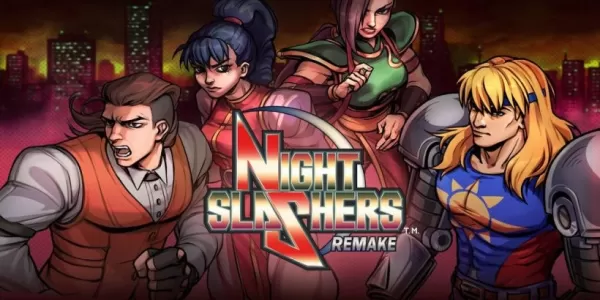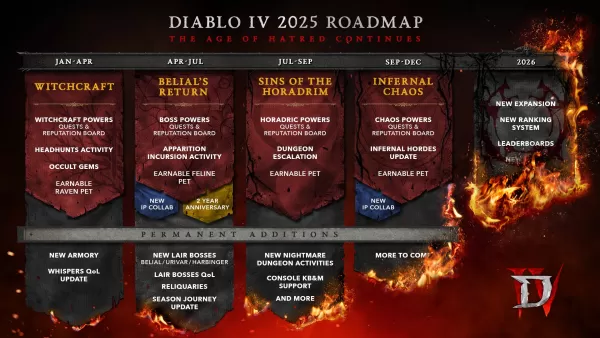Google's recent launch of Veo 3, an advanced AI video generation tool, has stirred significant interest and concern within the gaming community. This cutting-edge technology is capable of producing Fortnite gameplay clips that are remarkably indistinguishable from authentic footage. Veo 3's ability to generate realistic video and audio from simple text prompts showcases a chilling advancement in AI capabilities.
Since its launch, users have been exploring Veo 3's potential, with some already creating convincing Fortnite gameplay clips complete with commentary from a fake streamer. The quality of these clips is so high that they can easily be mistaken for genuine content on platforms like YouTube or Twitch. This development raises important questions about the ethical implications of such technology, particularly regarding copyright and the potential for disinformation.
Veo 3 operates by interpreting text prompts and generating corresponding video content. For instance, a simple nine-word prompt like "Streamer getting a victory royale with just his pickaxe" resulted in a clip that closely resembled actual Fortnite gameplay. Despite not being explicitly instructed to create Fortnite content, Veo 3's contextual understanding allows it to produce highly relevant footage.
The tool's capabilities extend beyond gaming, as demonstrated by a fake news report on a non-existent automobile trade show, complete with fabricated interviews. This versatility underscores the broader implications of Veo 3's technology, which could potentially be used to create misleading content across various domains.
Microsoft has also entered this space with its Muse program, which was trained on extensive footage of Xbox's Bleeding Edge. The program's potential to aid in game concept ideation and preservation has sparked debate about its impact on human creativity and employment within the gaming industry.
Fortnite itself has embraced AI technology, recently integrating a feature allowing players to interact with a generative AI version of Darth Vader, voiced by the late James Earl Jones. This move, while officially licensed, has faced criticism and legal challenges from the acting community.
As Veo 3 continues to evolve, its impact on copyright, disinformation, and the creative industries remains a critical area of discussion. IGN has reached out to Epic Games for comment on these developments, reflecting the ongoing dialogue about the role of AI in gaming and beyond.








